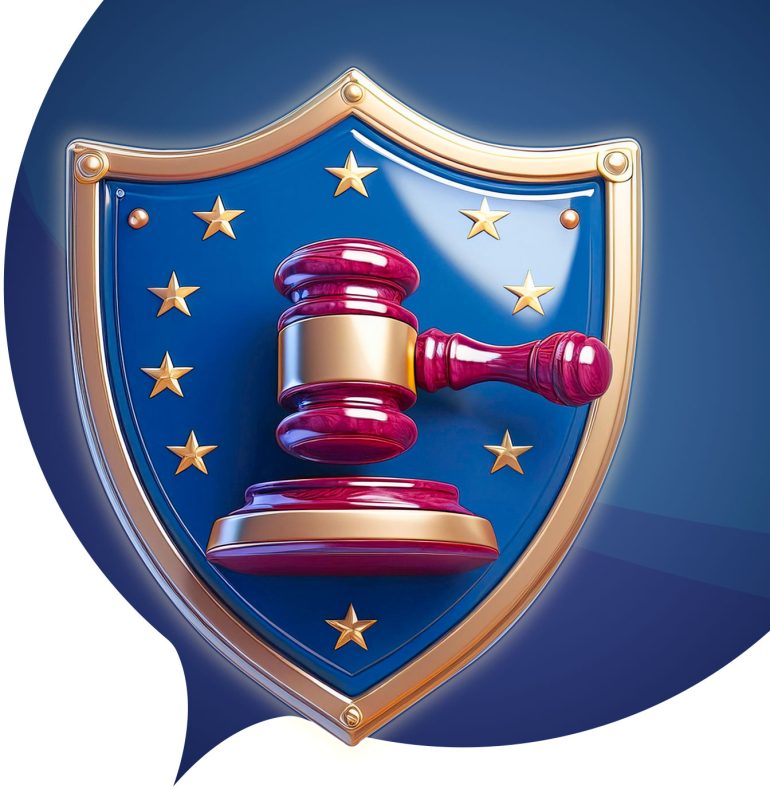Understanding Law and Safety in Singapore
Singapore is known globally for its strong commitment to law and order, making it one of the safest countries. Whether you’re a resident or a visitor, understanding the legal framework and public safety measures is essential to navigating life in Singapore. Here’s an overview of the key elements that define law enforcement and public safety in the country.
Legal Framework in Singapore
- Rule of Law – Singapore follows a strong rule of law, ensuring that legal processes are consistently and fairly applied. Its legal system is rooted in English common law, adapted to fit local conditions. Legal processes in Singapore are transparent, ensuring all citizens and residents understand their rights and obligations.
- Government Structure – Singapore operates under a parliamentary system. The Constitution is the supreme law of the land, guaranteeing fundamental liberties to all citizens. Parliament passes laws, which must align with constitutional guidelines.
- Judiciary – The judiciary in Singapore is independent and tasked with interpreting laws and administering justice. The court system includes the Supreme Court (comprising the Court of Appeal and the High Court) and Subordinate Courts (such as District Courts and Magistrates’ Courts). Judges are appointed on merit, ensuring fair and impartial proceedings.
Law Enforcement in Singapore
- Singapore Police Force (SPF) The Singapore Police Force (SPF) is the country’s main law enforcement body, maintaining law and order, preventing crime, and ensuring public safety. Criminal behavior, including theft or vandalism, is met with strict penalties.
- Community Policing – Through Neighbourhood Police Centres (NPCs) and Neighbourhood Police Posts (NPPs), the SPF fosters strong relationships with local communities, promoting trust and cooperation. For more information, visit the Singapore Police Force website.
Public Safety and Criminal Laws
Singapore’s legal framework includes comprehensive criminal laws to protect individuals and property. The Penal Code outlines offenses such as theft, assault, and fraud, along with their corresponding punishments.
- Public Assemblies and Protests – Regulated under the Public Order Act, organizers of public assemblies must obtain police permits. Peaceful protests are permitted in designated areas like Hong Lim Park’s Speakers’ Corner.
- Technology and Surveillance – Singapore leverages advanced technology, such as CCTV and AI, for crime prevention and maintaining public security.
Health and Environmental Safety
Singapore is committed to ensuring a safe and clean environment for all residents. Here are some of the key agencies and their roles:
- National Environment Agency (NEA): Oversees pollution control and waste management. For more, visit the NEA’s website.
- Health Sciences Authority (HSA): Ensures the safety and efficacy of health products like medicines. Learn more at the HSA’s website.
- Singapore Food Agency (SFA): Regulates food safety and quality. Visit the SFA’s website.
Strict Drug Control Policies
Singapore maintains one of the world’s strictest drug enforcement regimes. The Central Narcotics Bureau (CNB) plays a vital role in coordinating drug eradication efforts and enforcing strict drug laws. Trafficking and consumption are met with severe penalties.
Media and Information Regulations
The Infocomm Media Development Authority (IMDA) regulates media content, ensuring compliance with standards. Magazines, films, and digital content are monitored for appropriateness, and distribution is controlled to uphold Singapore’s values. For more information, visit the IMDA website.
